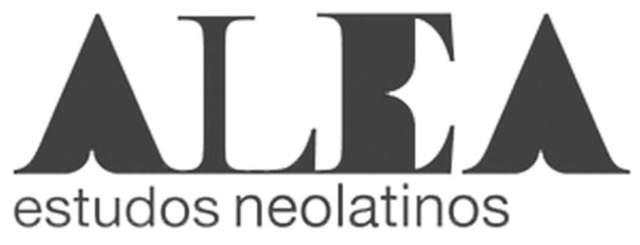Abstract
This article argues that Benjamin Ávila's Infancia clandestina (2012) marks a turning point in the cinematic representation of the 1976-1983 dictatorship in Argentina. On the one hand, this film distances itself from works of fiction such as Luis Puenzo's La historia oficial, regulated by the archive and by testimonial and documentary evidence available to the viewer beyond the film. Conversely, Ávila's film not only includes a figure absent in films on the period made immediately after the dictatorship, namely the guerrillero, but it also shifts its discourse away from the referential verification demanded by testimony and from the autobiographical experience of the first person, to one that expresses - with the immanent articulation of its own fictional narrative units - a tale of community identity over the historical past. While the same could be said about more recent subjective documentary films centred on a point of view (that of the children of the disappeared who have grown up with an invented biography) characterized by a blurring of the boundaries between fact and fiction, such as Albertina Carri's Los rubios or Nicolás Prividera's M, Infancia clandestina stands alone as a work of fiction that, unlike these films, abandons the documentary genre altogether. Ultimately, the article suggests that the allegorisation of the historic past in Infancia clandestina is so powerful that it manages to subsume in a fictional narration the trauma of the experience of the years of dictatorship. What is at issue here is not the memory of the narrative, but rather the value of symbolic construction.
Keywords:
Infancia clandestina; Argentina; dictatorship; guerrilla; children of the disappeared; symbolic construction; documentary genre; fiction
